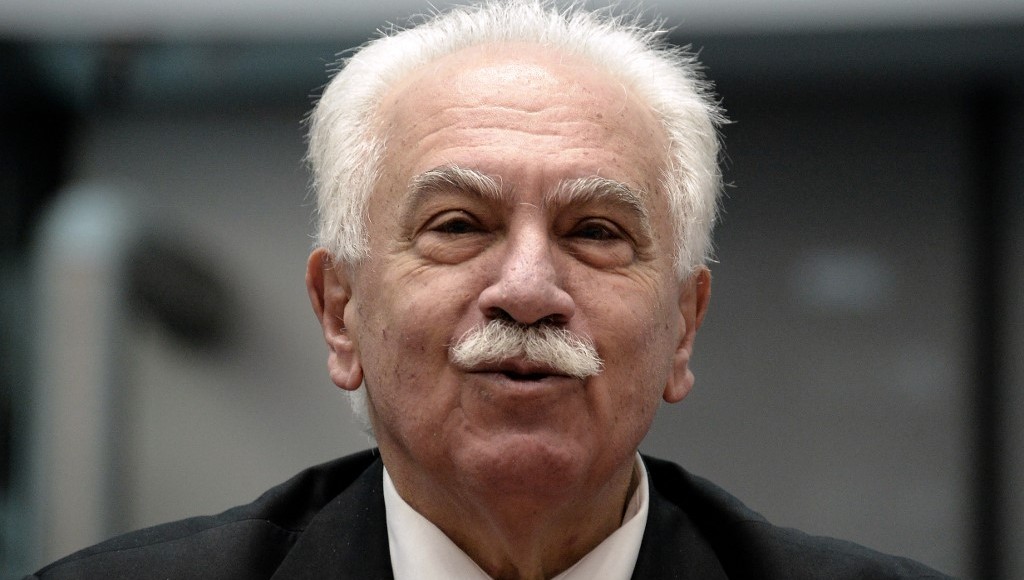The dismissal of 20 staff members and the resignation of several more from a pro-government think tank in Turkey were due to a conflict between a group within the institute and a neo-nationalist party leader, a journalist claimed on Wednesday.
Twenty employees of the Foundation for Political, Economic and Social Research (SETA), which is known to have close ties to the Justice and Development Party (AKP) government, were dismissed while several senior members announced their resignations after the dismissals, Turkish media reports said on Wednesday.
Commenting on the issue, journalist Günel Cantak on Wednesday claimed in a series of tweets that the dismissals and resignations were due to a conflict between a group from the think tank and Doğu Perinçek, leader of the neo-nationalist Homeland Party (VP) and an ally of President Recep Tayyip Erdoğan.
Perinçek and SETA director Enes Bayraklı, one of those who recently resigned, had a row during a live political debate on CNN Türk on May 9, and Cantak said the VP leader threatened the AKP through SETA some 10 days after the show.
Perinçek said during a program on the VP-linked TV channel Ulusal Kanal back in May that his party would reveal the “criminal past” of SETA, which he accused of supporting Israel and the US while driving a wedge between the Turkish and Syrian governments, using resources of the ruling AKP.
“In the end, Perinçek and his Homeland Party won, and the AKP dismissed some SETA employees. … Erdoğan doesn’t hesitate to waste even those who have supported him all along in order to stay in power,” Cantak said.
İsmail Çağlar, head of the SETA research team who, along with Hülya Akdemir and Seca Toker, published a report in 2019 that included detailed information on numerous prominent international news sources that included Deutsche Welle Turkish service, BBC Turkish service and Sputnik Turkey, also quit his job at the institute.
The 196-page report, which contained the bios and examples of social media posts of journalists working for international news outlets, drew strong criticism from journalists, press unions, foreign media outlets and critics who accused SETA of profiling journalists through methods used by the Turkish police for gathering intelligence.

